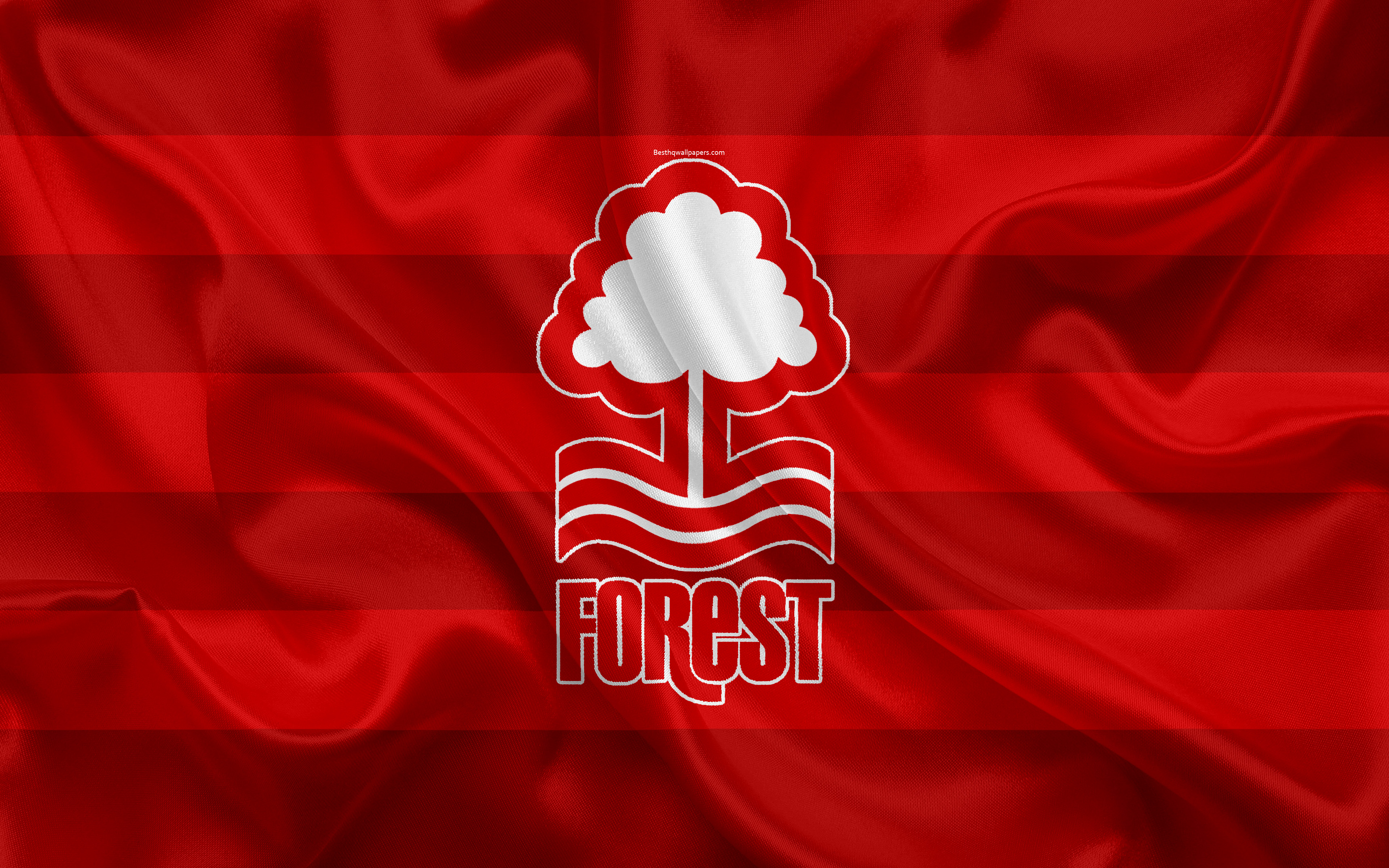History of Nottingham Forest

Nottingham Forest Football Club, founded in 1865, is one of England’s oldest and most decorated football clubs. The club has a rich history filled with triumphs and tribulations, leaving an indelible mark on the English football landscape.
The early years of Nottingham Forest were marked by steady progress and the establishment of a strong local following. The club’s fortunes took a significant turn in the late 19th century under the guidance of manager Harry Radford. Under Radford’s leadership, Forest won its first major trophy, the FA Cup, in 1898.
Rise to Prominence, Nottingham forest
The early 20th century saw Nottingham Forest continue to grow in stature, winning the FA Cup again in 1901 and establishing itself as a force in English football. The club’s success was built on a foundation of talented players, including the legendary Billy Walker, who holds the record for most goals scored for Forest.
Golden Era
The pinnacle of Nottingham Forest’s history came in the 1970s under the management of Brian Clough. Clough, known for his charismatic leadership and innovative tactics, led Forest to an unprecedented period of success.
- League Championship: 1977–78
- European Cup: 1979, 1980
- League Cup: 1978, 1979
- European Super Cup: 1979
During this golden era, Forest became known for its attacking style of play and its ability to overcome adversity. The club’s success inspired a generation of fans and cemented its place among the elite of English football.
Subsequent Decline
Following the departure of Brian Clough in 1980, Nottingham Forest entered a period of decline. The club struggled to maintain its previous level of success and was relegated to the Second Division in 1993.
Despite facing financial difficulties and administrative problems, Nottingham Forest has managed to survive and rebuild. The club returned to the Premier League in 1994 and has since established itself as a solid mid-table team.
Current Status and Analysis

Nottingham Forest currently competes in the English Football League Championship, the second tier of the English football league system. After securing promotion from League One in the 2021-22 season, the club has established itself as a mid-table side in the Championship, finishing 11th in the 2022-23 campaign.
Financially, Nottingham Forest has witnessed a significant increase in revenue following its promotion to the Championship. The club’s financial situation has improved, allowing for increased investment in the playing squad and infrastructure. However, the club’s transfer strategy has been met with mixed reactions. While some signings have proven successful, others have failed to make a significant impact.
Strengths and Weaknesses
Nottingham Forest’s strengths lie in its strong defensive unit and the creativity of its attacking players. The team has conceded the fewest goals in the Championship this season, showcasing its defensive solidity. Additionally, the attacking trio of Brennan Johnson, Morgan Gibbs-White, and Emmanuel Dennis has contributed significantly to the club’s goal tally.
However, the team has also displayed weaknesses in certain areas. Nottingham Forest has struggled to create consistent attacking threats from open play and has relied heavily on set pieces for goals. The team’s midfield has also been criticized for its lack of creativity and ball retention.
Areas for Improvement
To improve its performance, Nottingham Forest should focus on enhancing its attacking capabilities. The club could benefit from acquiring players who can create chances and score goals from open play. Additionally, strengthening the midfield with creative and defensively sound players would provide a more balanced and effective team.
Nottingham Forest’s Impact on the Community

Nottingham Forest Football Club is deeply rooted in the heart of the Nottingham community, playing a significant role in shaping its social, economic, and cultural landscape.
The club’s involvement in local charities and initiatives is a testament to its commitment to giving back to the community. Forest actively supports organizations such as the Nottingham Hospitals Charity, the NSPCC, and the Rainbows Hospice for Children and Young People, providing financial aid and raising awareness for their causes.
Economic Impact
Nottingham Forest’s economic impact on the city and its surrounding areas is substantial. The club generates revenue through ticket sales, merchandise, and match-day expenses, which in turn supports local businesses and employment opportunities.
In addition, Forest’s success on the pitch has a positive ripple effect on the local economy. A strong performance in the Premier League attracts visitors, boosts tourism, and increases investment in the city.